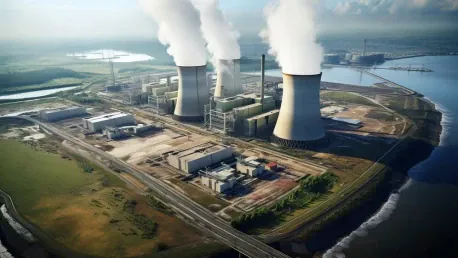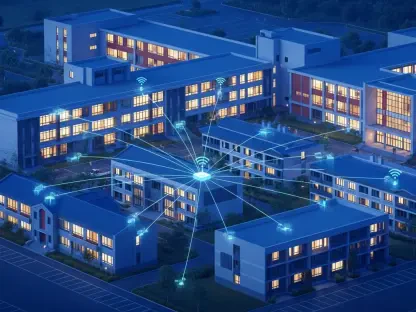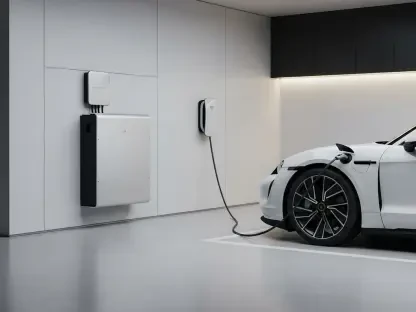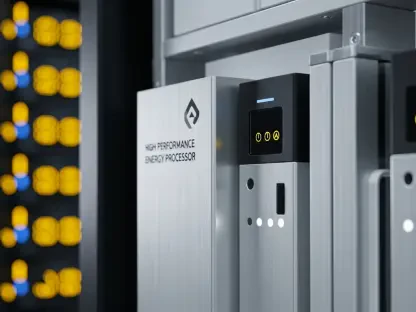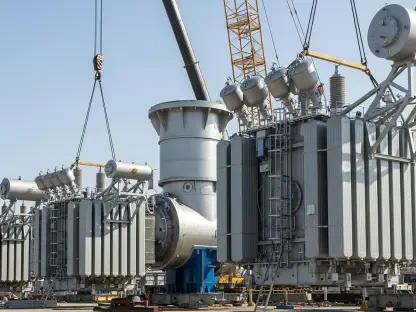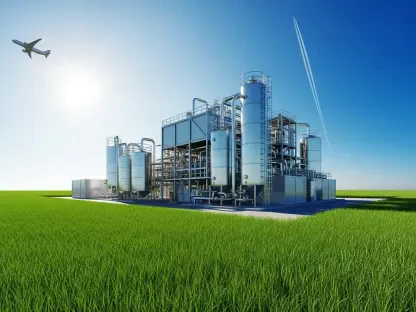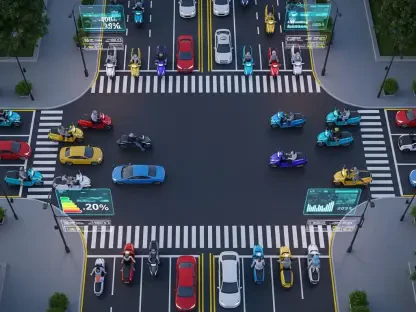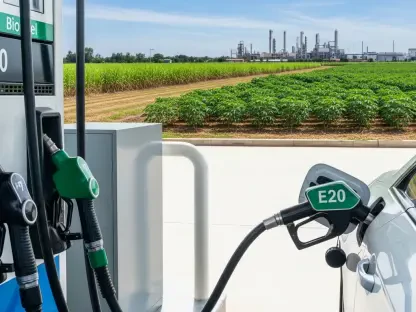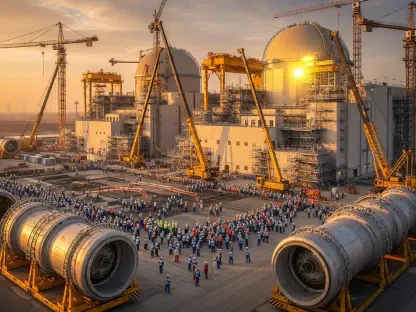France has taken a significant step towards reinforcing its commitment to nuclear energy, which remains a central pillar of its energy strategy. The government’s agreement to provide state-owned utility EDF with a subsidized loan to cover at least half the construction costs for six new EPR2 reactors marks a pivotal moment for the country’s nuclear power future. This financing initiative is steered by France’s Nuclear Policy Council, under the guidance of President Emmanuel Macron. A detailed breakdown shows that the first pair of EPR2 reactors will be constructed at the Penly site in Normandy, followed by reactors at Gravelines and Bugey. The project’s estimated cost has undergone revisions, escalating from EUR51.7 billion in 2022 to EUR67.4 billion this year.
Modernizing Nuclear Infrastructure
EPR2 reactors, engineered by EDF and Framatome, epitomize the third generation of pressurized water reactors. Their design integrates contemporary safety standards, drawing lessons from previous reactor models and operational experiences. The financial framework established for this ambitious project encompasses a subsidized government loan along with a Contract for Difference. This contract ensures a fixed price for the electricity generated by these reactors, providing a financial safeguard for the investment.
In a meeting dated March 17, the Nuclear Policy Council meticulously reviewed and sanctioned the financing principles for the six EPR2 reactors’ construction. This milestone is crucial for fostering negotiations between EDF and the government, while also engaging discussions with the European Commission. The Council stressed the necessity for EDF to enhance its cost and schedule control protocols, demanding definitive cost and timeline estimates by the end of the year. The goal is to facilitate EDF’s final investment decision by 2026, ensuring the project’s financial viability and transparency.
Ensuring Uranium Supply and Fuel Cycle Security
Among the many plans laid out in this initiative, the Council also validated an action plan focused on securing the upstream nuclear fuel cycle. This involves securing France’s medium and long-term uranium supply, with particular emphasis on supporting Orano. Investment will be directed towards Orano’s downstream activities, including used fuel processing at its La Hague site. Expansion of storage capacity is planned, with a new pool expected to be operational by 2040. This foresight aims to adequately support both the existing nuclear fleet and the newly commissioned EPR2 reactors.
The Council also approved a funding principle chiefly spearheaded by EDF for these new facilities, with governance overseen by Orano. The governance structure involves collaboration with EDF, the French Alternative Energies and Atomic Energy Commission (CEA), and other government services. Additionally, the CPN urged industry stakeholders to present a work program and industrial organization proposal focusing on fast neutron technology by the end of the next year. These advanced reactors offer increased fuel efficiency and reduced radioactive waste, further aligning with France’s sustainable nuclear strategy.
Innovation and Small Modular Reactors
Innovative technologies are also at the forefront of France’s nuclear agenda. The General Secretariat for Investment has been tasked with prioritizing the development of small modular reactors (SMRs). Aiming to commission a demonstrator early in the next decade, this initiative encompasses the provision of site data from Marcoule and Cadarache for companies to develop the most advanced SMR projects. Such reactors are seen as a potential game-changer for their scalability, reduced capital investment, and enhanced safety features compared to traditional large-scale reactors.
The initiative to develop SMRs symbolizes France’s progressive approach to diversifying its nuclear energy portfolio, ensuring energy security, and reducing carbon emissions. By offering site data for research and development, France is paving the way for groundbreaking advancements that could redefine nuclear power generation. These modular reactors promise to integrate seamlessly into local grids, providing consistent and resilient energy solutions without the extensive infrastructure required by their larger counterparts.
Strategic Direction and Future Prospects
France has made a significant commitment to strengthen its reliance on nuclear energy, maintaining its status as a key element of the nation’s energy strategy. The government’s recent agreement to provide the state-owned utility company, EDF, with a subsidized loan to finance at least half of the construction costs for six new EPR2 reactors denotes a crucial advancement in the country’s nuclear power landscape. This financial strategy is governed by France’s Nuclear Policy Council, directed by President Emmanuel Macron.
An intricate plan reveals that the initial pair of EPR2 reactors will be built at the Penly site in Normandy, followed by units at Gravelines and Bugey. The financial scope of the project has experienced revisions, with costs increasing from EUR51.7 billion in 2022 to EUR67.4 billion in the current year. The undertaking underscores France’s dedication to nuclear energy, aiming to bolster its energy security and optimize its power generation capabilities.
